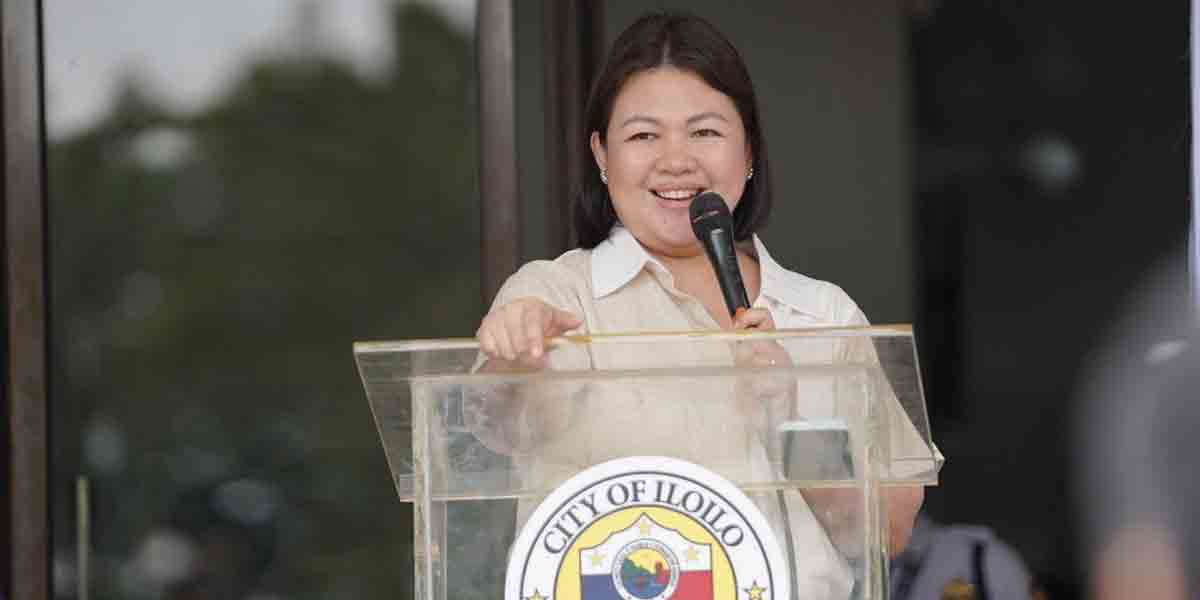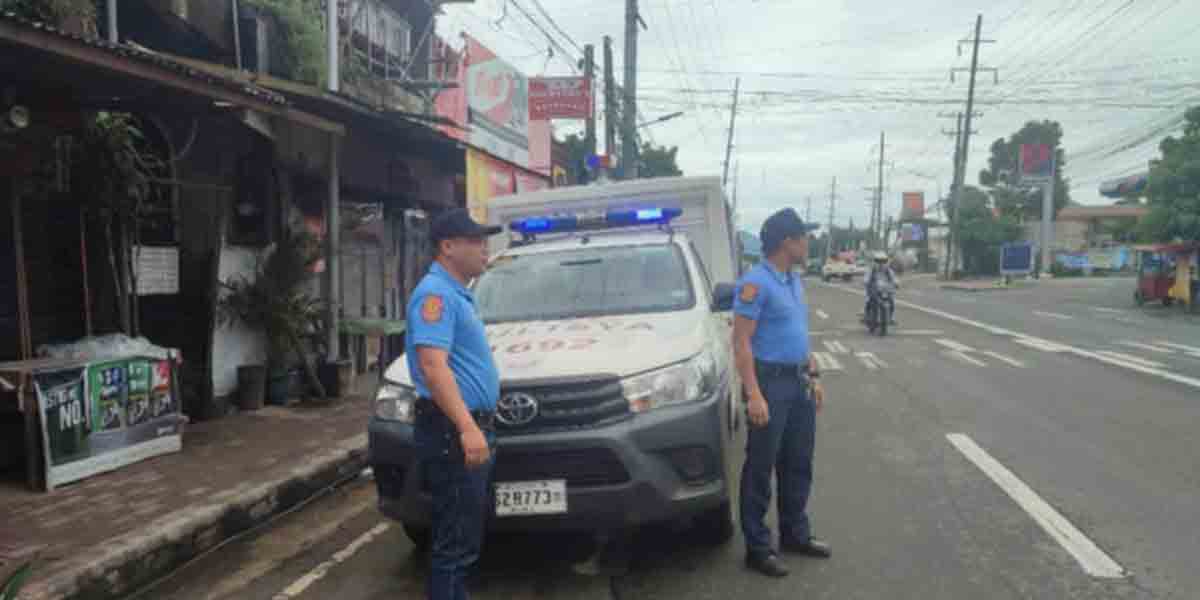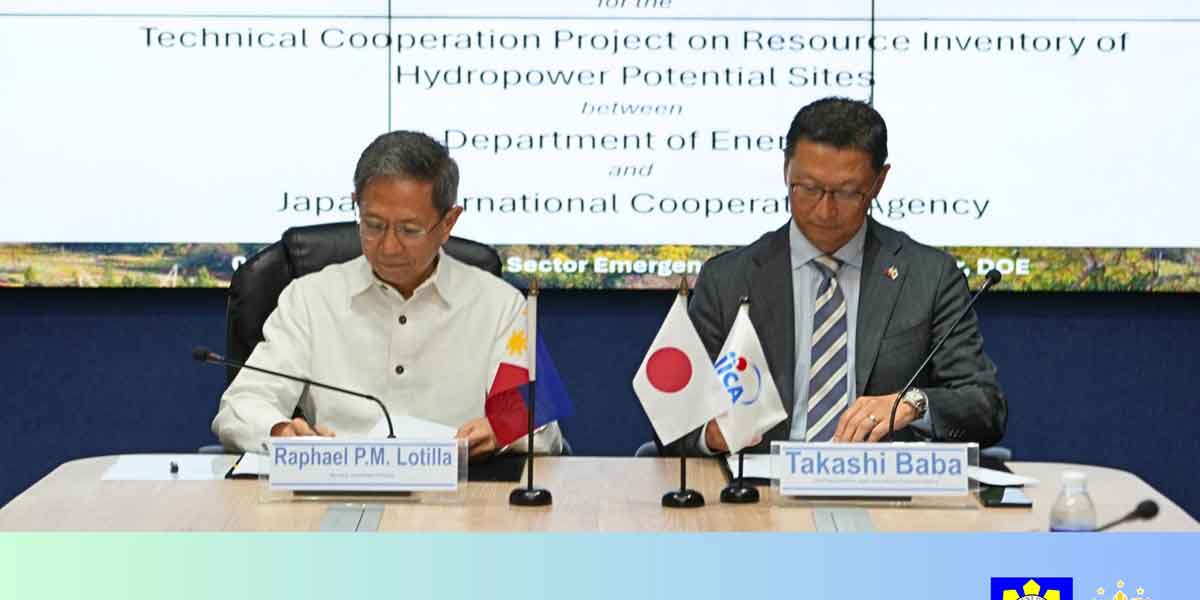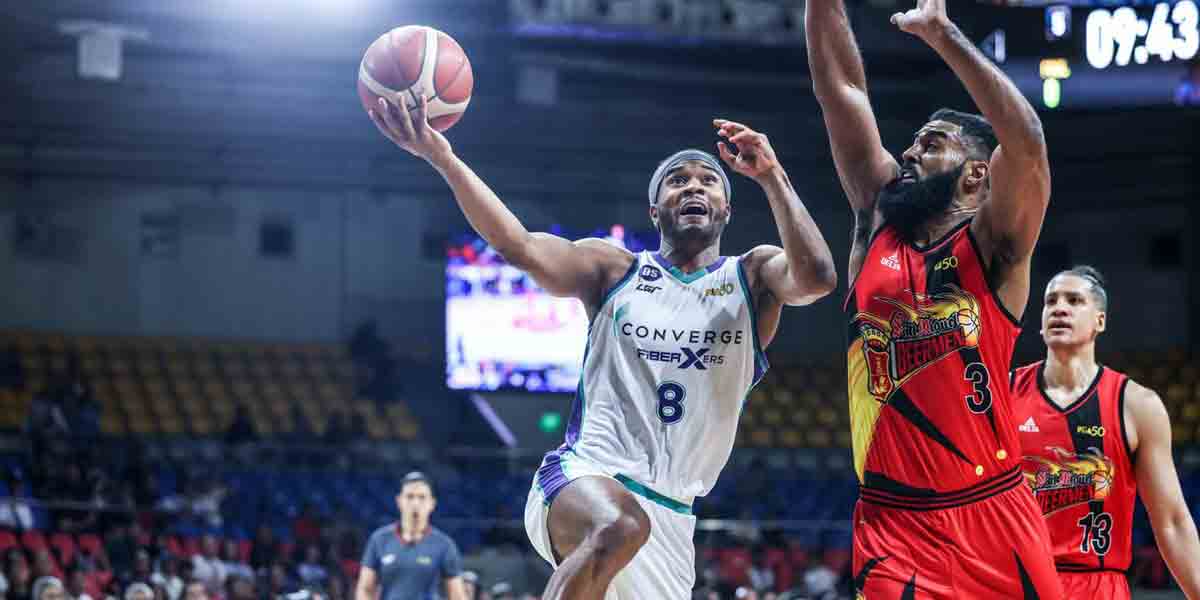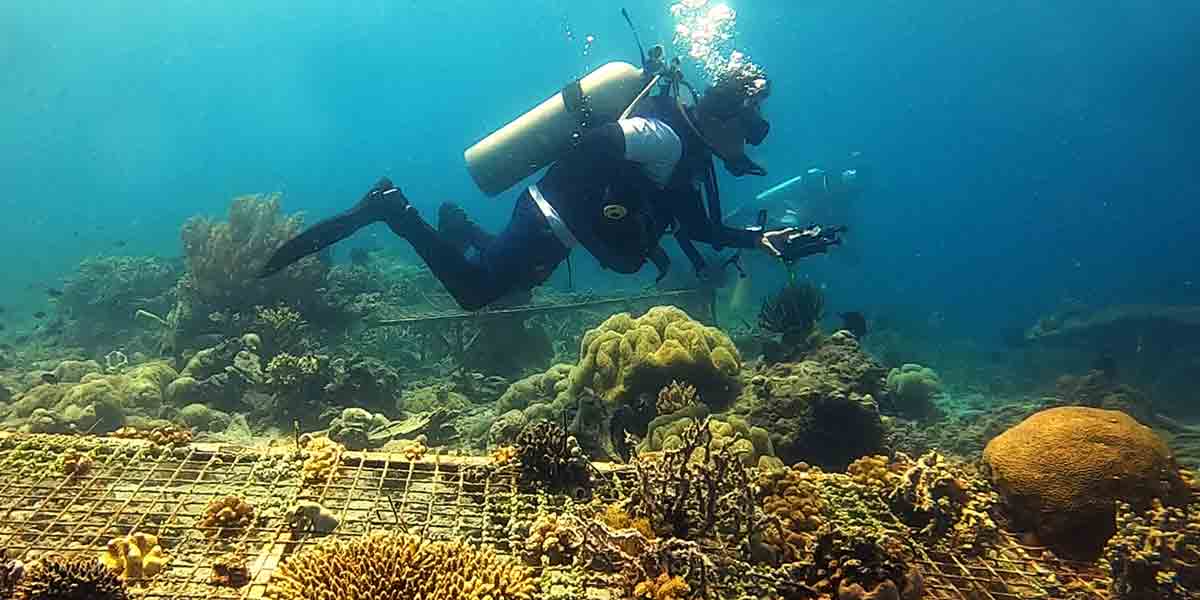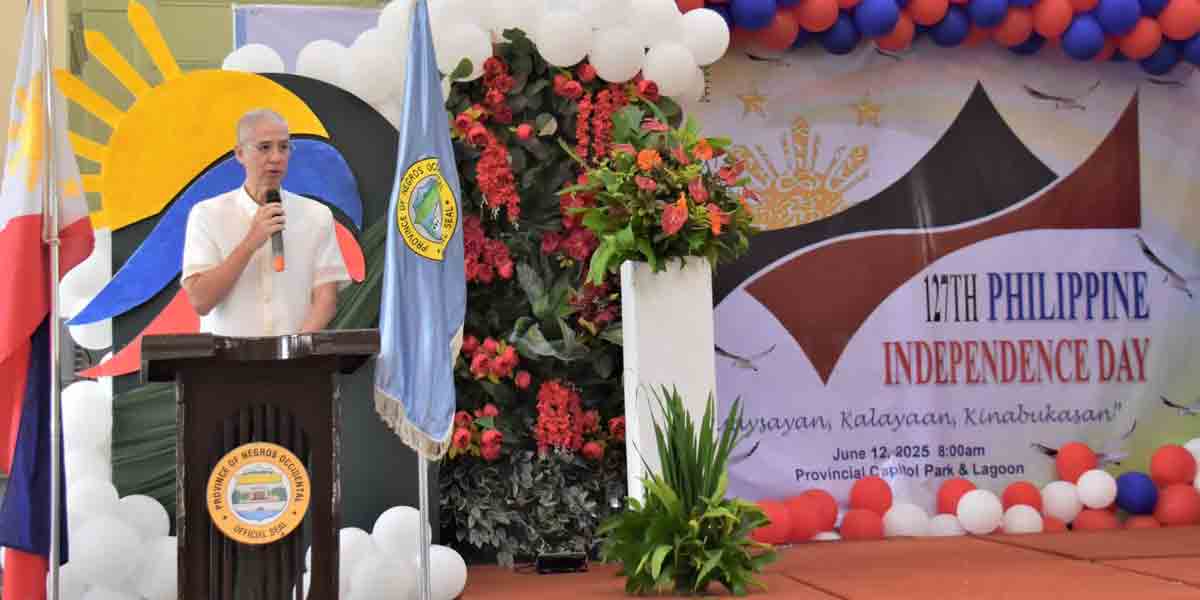By Joseph Bernard A. Marzan
The surprise results of the 2025 elections, particularly at the Senate level, are seen as a shift in how voters choose candidates and what factors they consider, according to a political analyst.
Results from the Commission on Elections’ media server indicated that re-electionist Sen. Bong Go is clinching the top spot with more than 26.4 million votes, followed by former Sen. Bam Aquino with 20.6 million and Sen. Bato Dela Rosa with 20.2 million.
But unlike Go and Dela Rosa, who were shoo-ins according to pre-election surveys, Aquino had been either at the tail-end or just outside the “Magic 12,” the number of elected senators for this cycle.
Similar to Aquino is his ally, former Sen. Kiko Pangilinan, who had been ranked between 15th and 17th in surveys but is now holding the fifth or sixth spot with 15.088 million votes, according to unofficial counts.
Another surprise was SAGIP Party-list Rep. Rodante Marcoleta, who is slightly trailing Pangilinan with 14.9 million votes so far.
He climbed into the winning circle in March pre-election polls but was left out in the April round.
Among party-lists, Akbayan was not expected to secure a full term after entering the 19th Congress only in late September last year but is now leading its race, poised to win the maximum three seats.
Political analyst, lawyer, and Daily Guardian columnist Michael Henry Yusingco said the results were surprising to those who closely monitor surveys.
“Like many, I use the surveys as bases [for analysis]. In fact, in many public analyses, I always refer to the surveys. Unfortunately, the surveys did not come true this time. I was embarrassed, in a sense, but that’s it. I was surprised with the results,” Yusingco said.
He said that the large mismatch between pre-election surveys and the actual results could only suggest a shift in voter behavior.
“What happened in this 2025 [election] is much different. I think we need sufficient time to make reflections, but we can certainly point to specific outcomes that give us a view that there may be changes happening to our voters,” he said.
He agreed that campaign activity between the final surveys and election day on May 12 may have had an impact, but added that deeper causes likely exist.
“The campaigns hadn’t been done by then, so what they did during that gap would certainly still influence some voters. But to use it as the sole explanation for why the surveys didn’t match the election results—I think that only plays a minor part,” he said.
Yusingco attributed Aquino’s and Pangilinan’s strong performances to campaign discipline and a focus on gut issues instead of engaging in the feud between President Ferdinand Marcos Jr. and Vice President Sara Duterte-Carpio.
“[Aquino and Pangilinan] executed a very effective ground game. First, where did they go? They went to vote-rich areas. They showed themselves to voters, made their presence felt, and connected with communities and local leaders,” he said.
“They had very effective messaging and narrative. They stuck to the gut issues. They set aside the moralizing and self-righteous narrative. They lost before because of that. They were very disciplined about it. They stuck to the issues—education, health, food. Lastly, they stayed away from the Marcos and Duterte feud. Like on the impeachment, [Aquino] said they wouldn’t talk about it because what needs to be discussed are the gut issues,” he added.
He also suggested that the rise of Aquino, Pangilinan, and Marcoleta reflected a rejection of dynastic candidates.
“Aside from running an effective campaign, they also benefitted from a rejection of dynastic candidates by Gen Z and millennials, who make up 60 percent of our electorate,” he said.
Marcoleta’s rise was also boosted by tarpaulins, appearances at House committee hearings, and the bloc-voting influence of his religious denomination, the Iglesia Ni Cristo, and Duterte allies.
“Marcoleta is also a beneficiary of that because he is not part of a dynasty. But not just that. He also won because he had wide exposure. He had a lot of tarpaulins, and even in the hearings—he wasn’t part of the committees—but he joined. He also tried to catch media attention, even expressing anger at not being included in the surveys,” he said.
DUTERTE IMPEACHMENT
Now that the dust has begun to settle and the composition of the 20th Congress Senate is clearer, Yusingco said Vice President Duterte may be acquitted.
He cited senators who are certain to vote to acquit, including Sens. Go, Dela Rosa, Imee Marcos, Robin Padilla, and presumptive senators-elect Marcoleta and Camille Villar.
Those who may also vote to acquit include senators sympathetic to the Duterte camp, such as Camille’s brother Sen. Mark Villar and Sens. Alan Peter and Pia Cayetano.
Alan Peter Cayetano was the running mate of then-presidential candidate Rodrigo Duterte in the 2016 elections.
Other potential acquittal votes may come from Sens. JV and Jinggoy Ejercito and Joel Villanueva, who were Duterte allies during his administration.
“They saw that the Duterte brand is still strong in Mindanao. The landslide win of the Dutertes in Davao tells us that in Mindanao, he is still strong, and maybe, the senator-judges who will be running in 2028 will think about that as well,” Yusingco said.
“I would say the nine [Go, Dela Rosa, Marcos, Padilla, Marcoleta, the Villars, and the Cayetanos] are sure [to acquit], but it can reach as many as 12 [senators],” he added.

